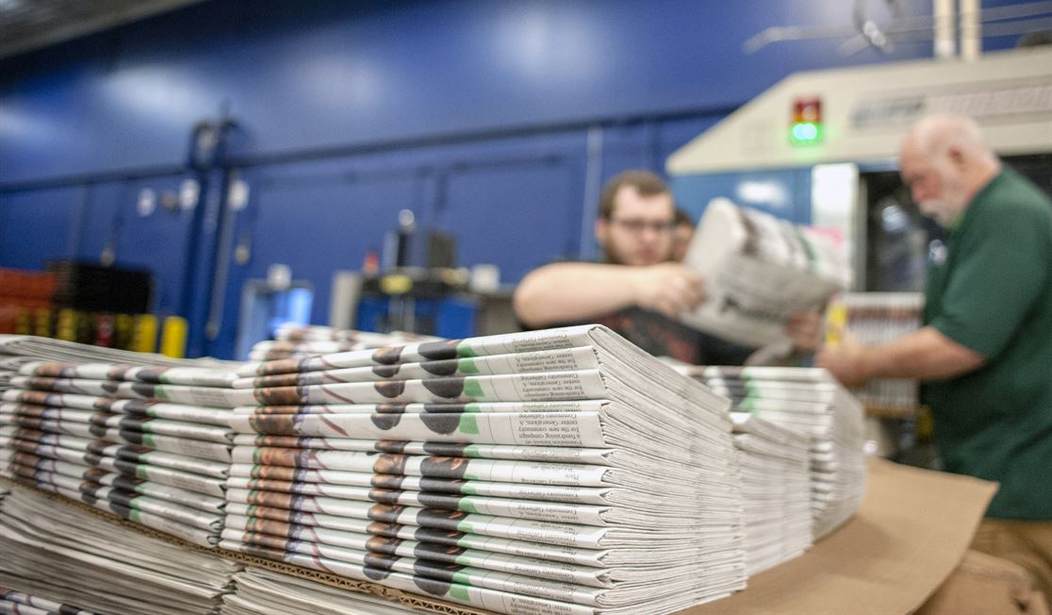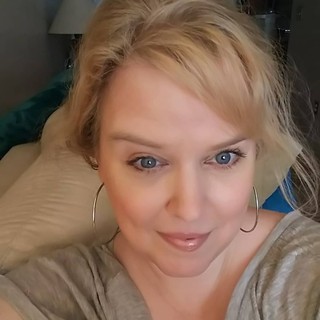Back in the summer of 2022, after we'd said goodbye to my dad and were going through the grieving process, my goal was to help my mom get back on track with her doctor appointments, some of which she'd put off because she'd prioritized taking care of my dad.
The one thing we needed to get to the bottom of was why she was continuing to get nauseous and experience iron deficiency anemia, for which she was receiving periodic iron infusions. It had been recommended that she get a colonoscopy, but that was one thing she'd backburnered while she took care of my dad.
Wanting to (hopefully) understand more about her iron deficiency and nausea, I did some Googling. Prior to this point, I had not been heavily involved in navigating Mom's healthcare decisions and appointments. She had generally been good at keeping up with her doctor visits and staying on top of things until about a year or so before we lost Dad, when he became her sole focus as his health continued to decline.
READ MORE -->> Caregiver's Diary Part 28: Three Years Ago
But I knew something was wrong and wanted to see what we potentially could do to decrease the need for her to get those iron infusions. So I Googled, with one of the things I saw that could possibly be wrong was that she might have colon cancer, and that a colonoscopy was the best way to find out if that was the case.
After her second trip to the emergency room in a month that summer for severe nausea and with no real cause as to why, I convinced her to have that colonoscopy. It was scheduled for six weeks after a consultation with a gastroenterologist's office, and that's when we got the news that they'd found a cancerous tumor in her colon.
Suffice it to say I've done my fair share of Googling since then, trying to better understand terminology, especially on the reports we get (and before the doctors have had a chance to go over them with us!), and trying to learn ways we can do better at home with food prep/meal planning, physical therapy, and anything I can to try to get her stronger and keep her stronger for as long as the Lord will allow.
SEE ALSO -->> Caregiver's Diary Part 29: The Food Conundrum
Though there have been times I've gone down rabbit holes in my Google research, I've generally been pretty good about staying off the Internet highway path that would have me fearing the worst, and that includes anything to do with life expectancy rates. I try to avoid such things, telling myself that if a concern arises on that front that her medical oncologist will inform us.
But over the last six months or so, I've done more research on YouTube than Google, wanting to learn about other people's cancer journeys and the experiences their caregivers have had.
While it's definitely been informative and enlightening, it's also at times taken me to dark places, because some of the stories have not had happy endings despite everything the patient has gone through to fight the disease. There have been others whose decisions I didn't always agree with, but I had to tell myself that everyone's journey is different, and no two cases are alike, and that I had no right to be upset that someone else made what they thought was the best decision for them.
So, except for one channel - a new mother who is battling a rare form of nasal cancer, I've had to pull back from a lot of these types of videos on YouTube, because, for lack of a better way to put it, it was too much information for me. It was beginning to overwhelm me, and cause me to worry more about mom's health and mine to the point I was waking up just about every morning feeling anxious and was unable to shake it for most of the day.
It wasn't their fault. It takes so much courage for someone with a challenging medical issue or disease to tell their story to the world when all they want to do sometimes is to curl up in a corner and shut the world out. But I was processing the information in ways that were beginning to be unhealthy for me, so I had to draw the line.
There is nothing at all wrong with Googling and YouTubeing to learn more, but you have to know when to say when, because as a caregiver, you're already processing a lot with your loved one as it is, and too much information can be, well, too much to put on your already-full plate. It's super-important to take care of yourself, and this is one way you can do that.














